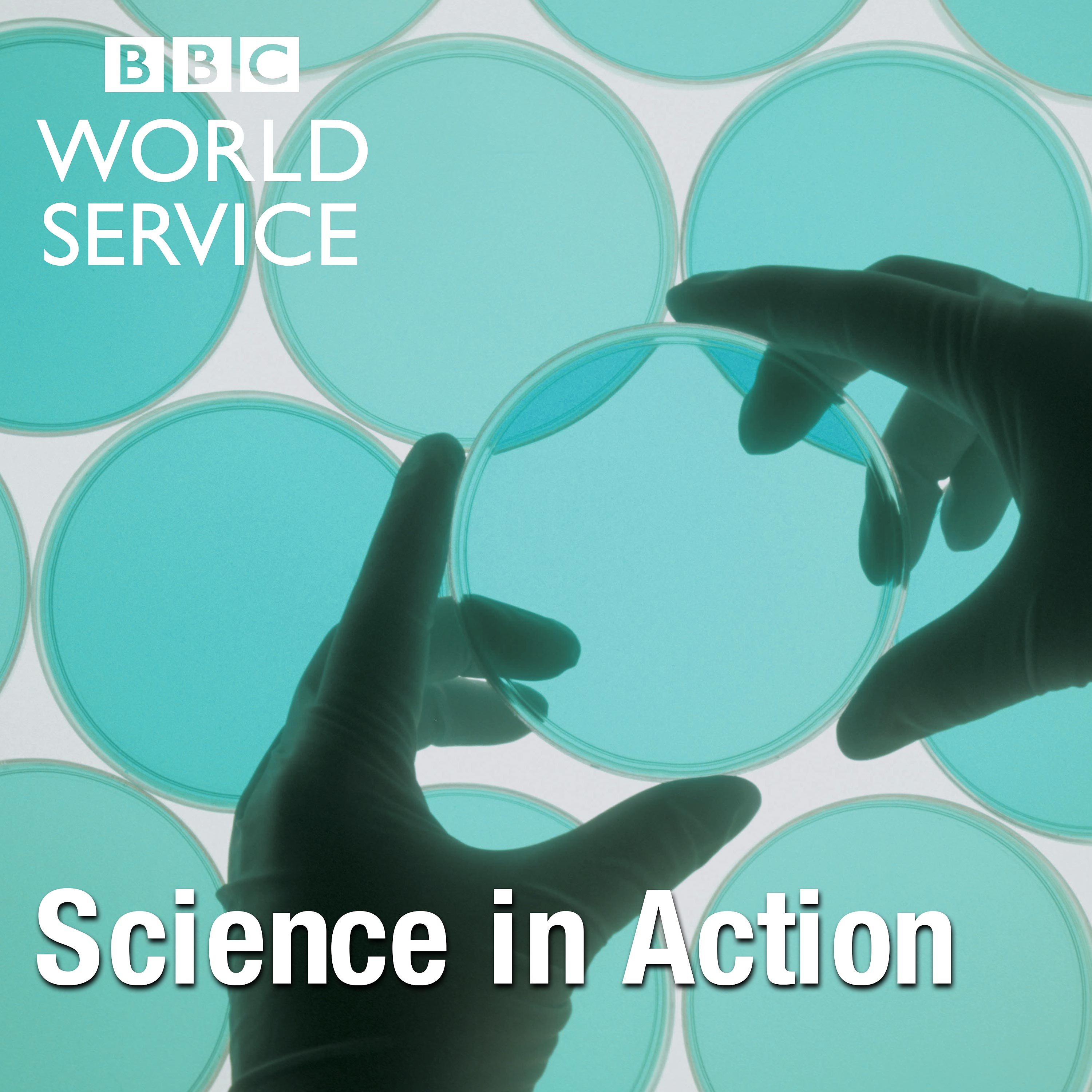
Science In Action
Jul 24, 2025
Have we found Betelgeuse’s ‘Betelbuddy?’ An astronomical mystery seems to be solved as the long-predicted stellar companion to the bright star Betelgeuse has been detected by a team of researchers led by Steve Howell of the NASA Ames Research Center using the Gemini North telescope in Hawaii. Steve discusses this breakthrough alongside astronomer Andrea Dupree of the Harvard Smithsonian Center for Astrophysics, who has discussed the predictions of this star on previous Science in Action programmes.
Malaria is a mosquito-borne disease caused by the parasite plasmodium that kills more than half a million people each year. George Dimopoulos of the Johns Hopkins Malaria Research Institute is using gene editing and gene drive technology to target the parasites as they develop in the guts of mosquito. Can this new method disrupt the malaria parasite life cycle safely and sustainably?
Our gut microbiomes are linked to our brains, but how can the bacteria in our colon communicate with our nervous system? M. Maya Kaelberer of the University of Arizona explains this neurobiotic sense, suggesting that the microbes in our large intestine communicate with specialised sensory cells in the gut. These cells send signals up to our brain and regulate our appetite. So, who really decides when you're hungry? Is it you, or is it your microbiome?
Presenter: Roland Pease Producer: Imaan Moin with Alex Mansfield Production Coordinator: Jana Bennet-Holesworth
(Image: Betelgeuse and Its Stellar Companion in Orion. Credit: International Gemini Observatory/NOIRLab/NSF/AURA Image Processing: M. Zamani (NSF NOIRLab))

